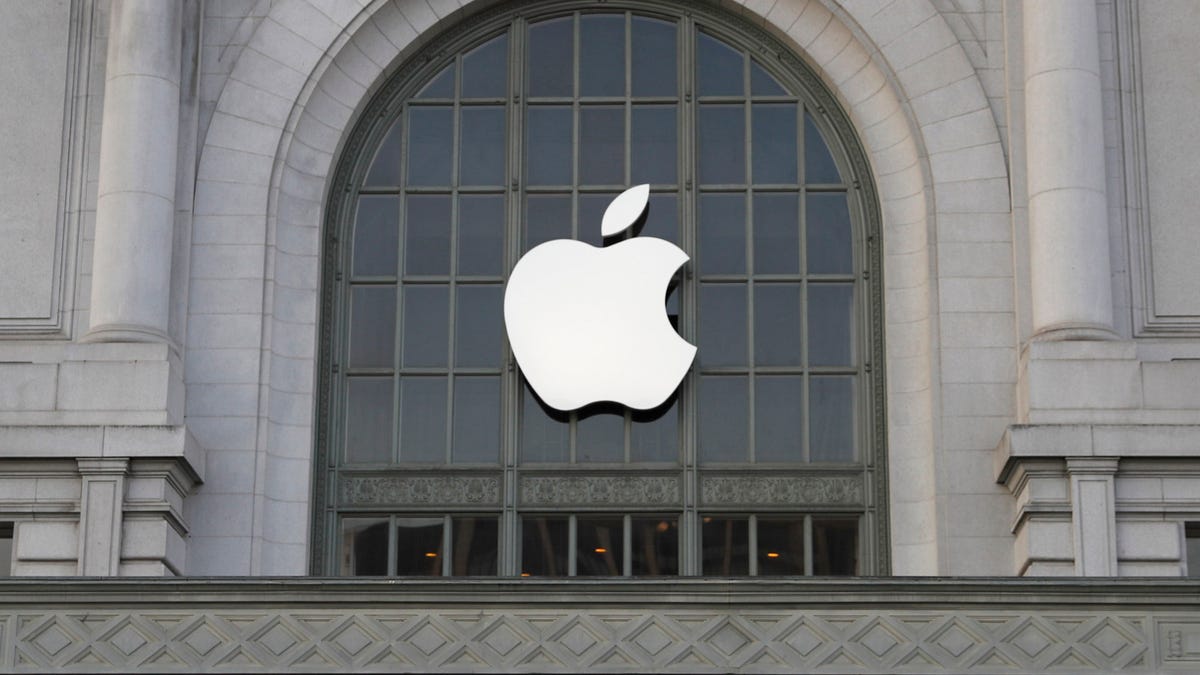Apple slapped with $506 million in patent dispute damages
A judge ordered the company to pay the University of Wisconsin-Madison for infringing on patents describing a "predictor circuit."

Apple reported $52.9 billion in revenue last quarter, but may have to pay a university half a billion to atone for patent infringement.
A US judge ordered the company to pay $502 million in damages for infringing on a patent owned by a patent licensing arm of the University of Wisconsin-Madison.
The fine more than doubles the $234 million jury verdict won by the Wisconsin Alumni Research Foundation in 2015, according to Reuters. The reason for the increase is that Apple continued to infringe on the patent until it expired in 2016.
Apple declined to comment, but court papers indicate it will appeal the ruling.
The patent applies to a "predictor circuit" designed to speed processing by predicting user instructions. It was attained by a University of Wisconsin professor and three students in 1998.
Patent disputes involving technology companies like Apple are nothing new. A protracted 2014 battle between Apple and Samsung over patents, for example, involved more than 52 hours of testimony and ended in a verdict finding both companies guilty in some aspects, but not guilty in others. Ultimately the verdict meant little for consumers.

